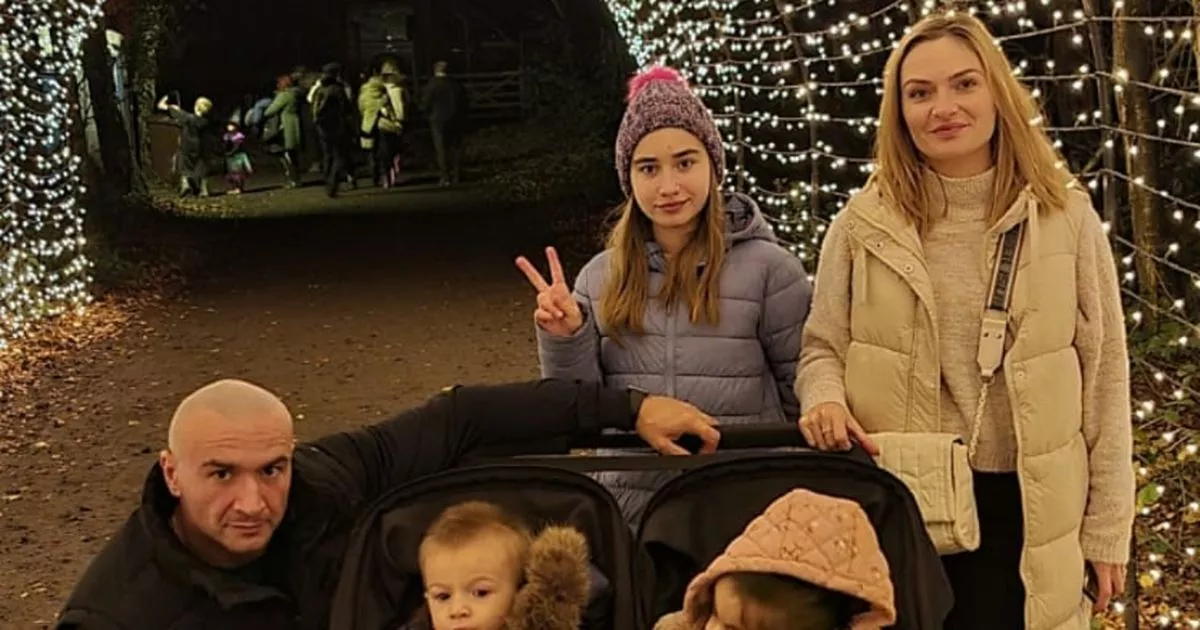‘After almost two months without a pulse, it was the strangest feeling. For the first time in weeks, I felt warm’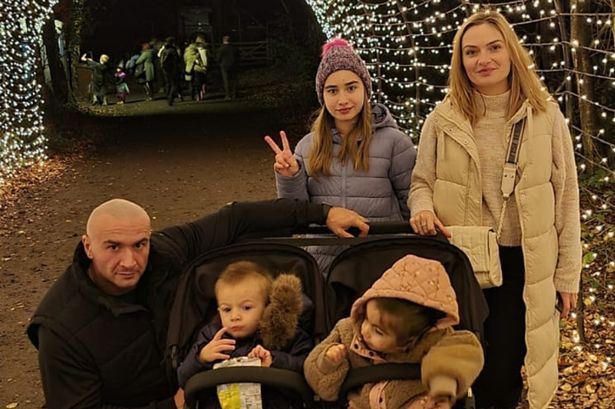 Kamila Jaroslawska with her family(Image: Family handout)
Kamila Jaroslawska with her family(Image: Family handout)
“Before the procedure, I was a little worried, but I was reassured that it was a minimally invasive surgery with relatively low risk. I’m not sure exactly what went wrong, but I do know that within half an hour, my heart had stopped.”
A mum-of-three has shared the haunting memories of when, at just 35, her heart was left ‘irreparably damaged’ when it stopped during surgery.
Kamila Jaroslawska’s family was suddenly told that she would need a heart transplant if she was to survive, and she was plunged into a 10-day coma.
Things were so desperate that Kamila was placed at the very top of the entire country’s most urgent heart transplant waiting list. But after being rushed to Wythenshawe, which specialises in cardiac treatment, and finding that all-important donor, the mum’s life was miraculously saved.
Kamila had lived with a minor heart condition since childhood, and she always knew she would one day need mitral valve surgery. The surgery is a relatively low risk type of heart surgery to fix or replace a leaky or narrowed mitral valve.
Yet, despite the low risk, the situation began to spiral with complications as Kamila was on the operating table in December 2024. Within just half an hour of the procedure starting, Kamila’s heart stopped.
Specialists from Wythenshawe Hospital’s Heart and Lung Centre, run by Manchester University NHS Foundation Trust, were urgently called to the health care provider where Kamila was undergoing the operation.
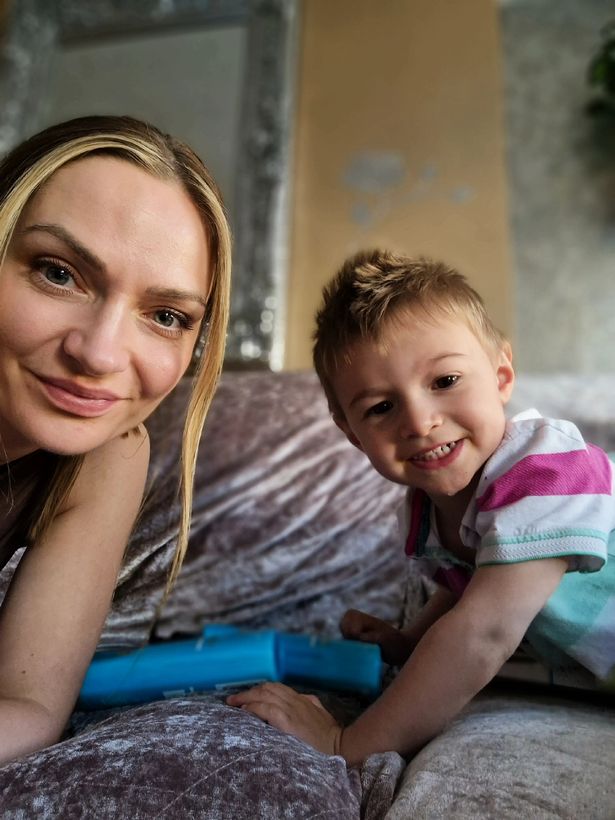 Kamila Jaroslawska with her son(Image: Family handout)
Kamila Jaroslawska with her son(Image: Family handout)
“The doctors from Wythenshawe saved me, but my heart was irreparably damaged. They told my family that I would need a heart transplant—and fast.”
Kamila was sedated for ten days and taken to Wythenshawe Hospital where she woke up, unaware of what had happened. “I was in complete shock,” she explained.
“My brain couldn’t comprehend it. My world had changed completely.”
Her condition was so severe that she was placed at the top of the UK’s ‘super-urgent’ heart transplant waiting list. Doctors described her as one of the most critically ill patients in the hospital.
She was kept alive using machines that functioned in place of her heart, which had effectively been dead for weeks. “I had no pulse for six weeks while machines did my heart’s job.
“When my heart was finally removed, it had changed colour—it had been lifeless for weeks,” Kamila said.
Kamila spent her birthday, Christmas, and New Year’s Eve in the Heart and Lung Centre. The staff did their best to bring her comfort, surprising her with balloons and gifts.
She said: “The little human touches meant the world to my family and me. The staff became like family to us.”
Then, the miracle she had been waiting for happened – a suitable heart became available.
The transplant operation lasted ten hours and was particularly complex, as doctors had to detach Kamila from the life-support machines keeping her alive.
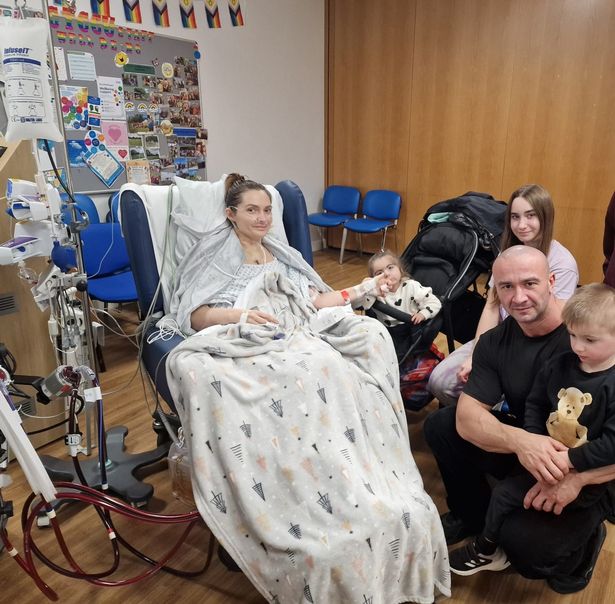 Kamila Jaroslawska at Wythenshawe Hospital with her family(Image: Family handout)
Kamila Jaroslawska at Wythenshawe Hospital with her family(Image: Family handout)
“When I woke up, I could hear my heartbeat again. After almost two months without a pulse, it was the strangest feeling. For the first time in weeks, I felt warm,” remembers Kamila.
“The doctors said if I made it through the first 24 hours, it would be a huge success. My recovery has been a long and difficult journey, every new morning felt like a blessing. But healing will take time, my chest has been opened six times now, and I will carry the scars for the rest of my life.
“Because I had been bedridden for so long, I also had to relearn how to walk. My muscles had wasted away. Even now, I still struggle. Mentally, it has been just as hard—being classified as clinically dead for 33 minutes has left an impact.”
Yet, despite everything, Kamila’s strength and determination has amazed her doctors.
“They told me I must be incredibly strong, both mentally and physically, to have recovered so well. But I owe a lot to my family. Przemek, my fiancé, was by my side every single day, caring for our children and running our household while I fought for my life.”
Kamila’s journey is far from over. She must visit Wythenshawe Hospital weekly for transplant monitoring and undergo a biopsy on her neck every two weeks, a process that will go on for months.
“It’s daunting, especially since I’m terrified of needles. But I have no choice, I have to keep fighting,” she said.
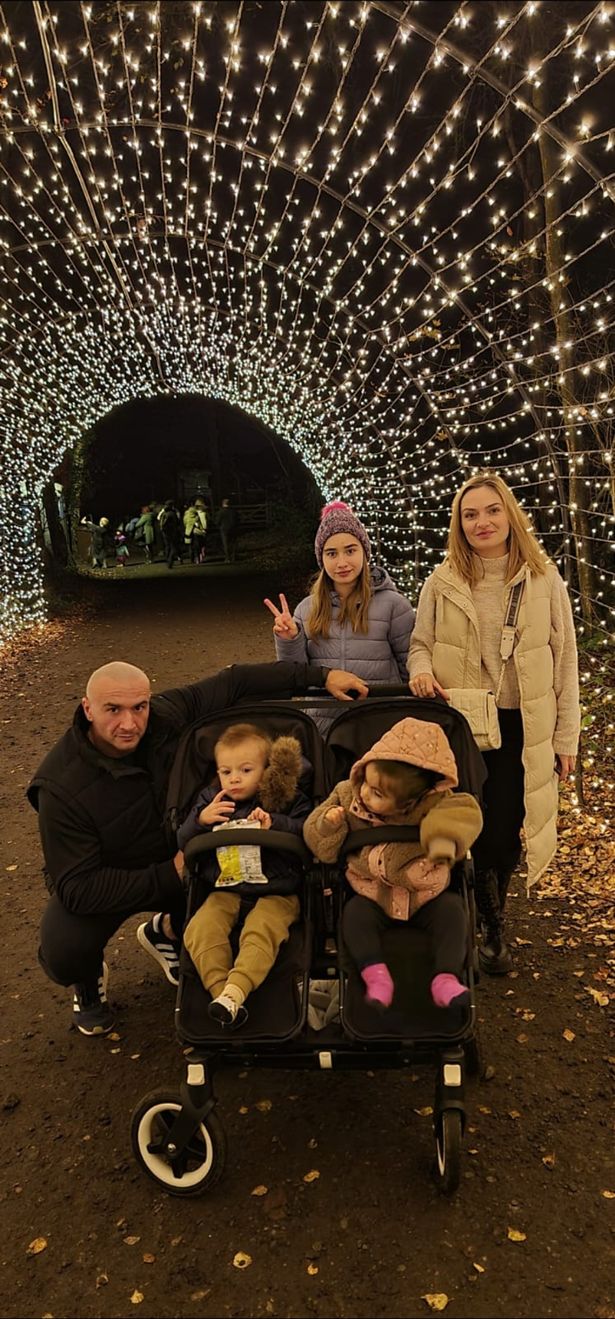 Kamila’s life has completely changed(Image: Family handout)
Kamila’s life has completely changed(Image: Family handout)
“Przemek has had to stop working to care for our daughter, who has complex medical needs and requires round-the-clock care. To support us through such a challenging time, friends from our church have stepped in to help, even creating a dedicated charity website to support our family during my recovery.
“When I was in a coma, people from my parish kept praying for me. Now they continue to support us, and it’s overwhelming to know how much they care.”
Doctors estimate that it will take at least a year for Kamila to fully recover. For the first five months, she cannot drive and has limits on what she can do physically.
“Despite the challenges, life is a celebration now. Every day, my son looks at me and says, ‘Oh, you’re still alive?’ because for so long, it seemed like I wouldn’t make it.
“I will forever be grateful to the woman and her family who chose to donate her organs. It’s a strange feeling to know that my life was saved because someone else died. But I carry a part of her with me, and I want to honour her by living my best life.”
“I think about my organ donor and her family every single day. I can never thank them personally, but I hope to reach out to their family when the time is right.
“I received the ultimate gift – a second chance at life, I will never take it for granted.”
